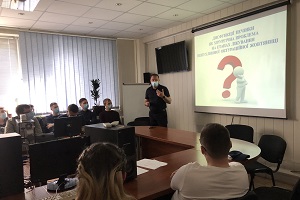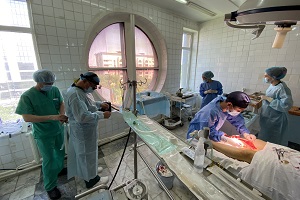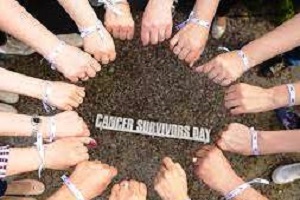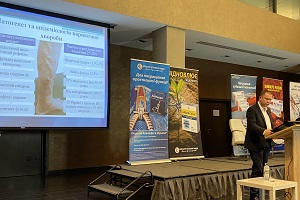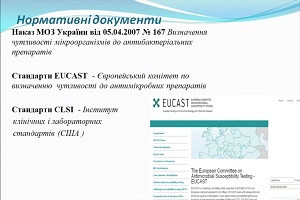- Details
Practical skills are an integral part of training a doctor of any specialty. This is especially important for interns in surgical specialties. An anesthesiologist, after going to work independently, regardless of the theoretical baggage of knowledge behind him, must have the skills that make him a real specialist.
- Details
On May 5th, 2021 at the Department of Surgery and Vascular Surgery Shupyk National Healthcare University of Ukraine (head of the Department — prof. S. Savoliuk) have started training of III year interns in the specialty "Surgery" (19 doctors, 2018 year of graduation).
- Details
The team of the Institute of the Heart of the Ministry of Health of Ukraine headed by the director of the Institute, head of the Department of Cardiac Surgery, X-ray endovascular and extracorporeal technologies Shupyk National Healthcare University of Ukraine, Professor Borys Todurov shared scientific and operational experience with colleagues in Bishkek.
- Details
Around 140 thousand new cases of oncological cases are diagnosed annually in Ukraine. There are about 1.3 million cancer-positive patients in Ukraine in total. Unfortunately, they are often invisible to society and the government.
- Details
On May 28, 2021, the scientific-practical conference "Interdisciplinary issues: modern diagnostics and treatment" was held in Kyiv (Hall of Champions at the Olympic NSC).
- Details
On May 26, 2021, the Department of Pediatric Anesthesiology and Intensive Care completed the first two-week cycle of thematic improvement for pediatricians "Emergency Pediatrics: Clinical Examinations (Diagnosis and Intensive Care of Critical Conditions in Children) at the patient's bedside."





